Koshikaa’ s Health Screening Centre in Bangalore, provides easy health checkups, quick tests, and fast reports to keep you healthy.


Accurate
Our mission is to deliver precise and reliable health screenings, ensuring every patient receives the most accurate results

Accessible and Affordable
Ensure that every segment of society has access to affordable and comprehensive health screenings, empowering individuals to take proactive steps towards a healthier future.

Personalized Care
We are dedicated to providing personalized care that respects the unique needs and preferences of each individual, ensuring a tailored approach to health and well-being.
With a focus on precision and care, we offer comprehensive solutions tailored to your health needs. From routine check-ups to specialized screenings, our dedicated team ensures thorough assessments and confidential results, empowering you to prioritize your well-being with confidence.

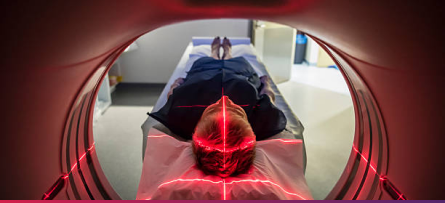

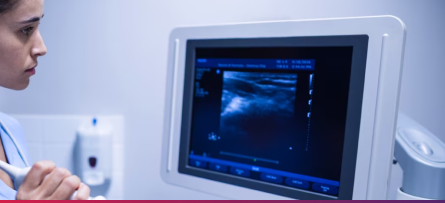
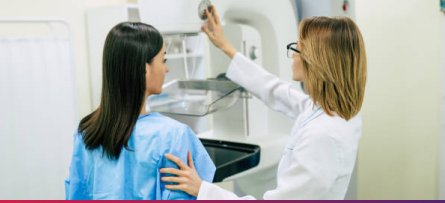
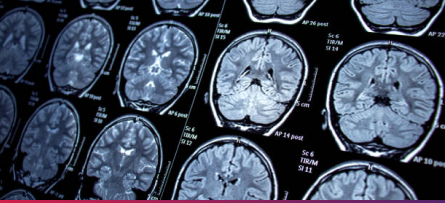
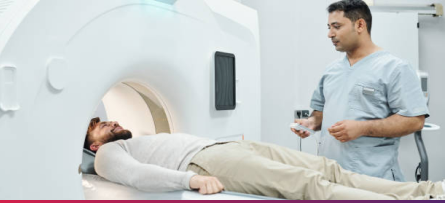


Full Body Checkup In Bangalore
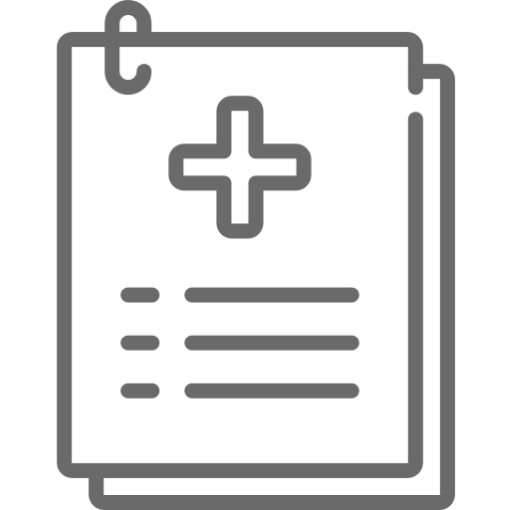
Soft and Hard copy of reports available

Soft and Hard copy of reports available

Soft and Hard copy of reports available

Soft and Hard copy of reports available

Soft and Hard copy of reports available
Welcome to Koshikaa, your premier destination for Health Screening Centre in Bangalore and early detection.
We understand the critical role that timely diagnosis plays, in effective cancer treatment.
Extensive research has shown that screening tests serve as the cornerstone of early cancer detection, offering the potential for complete cure and improved outcomes.
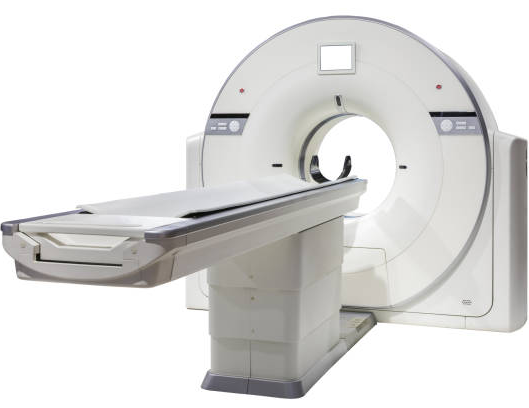
Welcome to Koshikaa, your premier destination for Health Screening Centre in Bangalore and early detection. We understand the critical role that timely diagnosis plays, in effective cancer treatment. Extensive research has shown that screening tests serve as the cornerstone of early cancer detection, offering the potential for complete cure and improved outcomes.
Individually guided path to health
Redefining Disease Screening
Your First Step Towards Optimal Health
Comprehensive Health Assessment


I booked my scan at Koshikaa. The staff was polite, the centre was clean, and the reports were delivered on time. Reliable service.
Rohit Menon

I visited Koshikaa for health screening. Everything was well-organized, the process was smooth, and the team explained every step clearly. Very professional.
Nisha Arora

My first experience at Koshikaa was excellent. Booking was easy, waiting time was minimal, and I got my results quickly. Highly recommend.
Farhan Sheikh

Koshikaa handled my tests very professionally. The technicians were gentle, the environment was hygienic, and the reports were accurate and fast. Great experience.
Priya Dutta
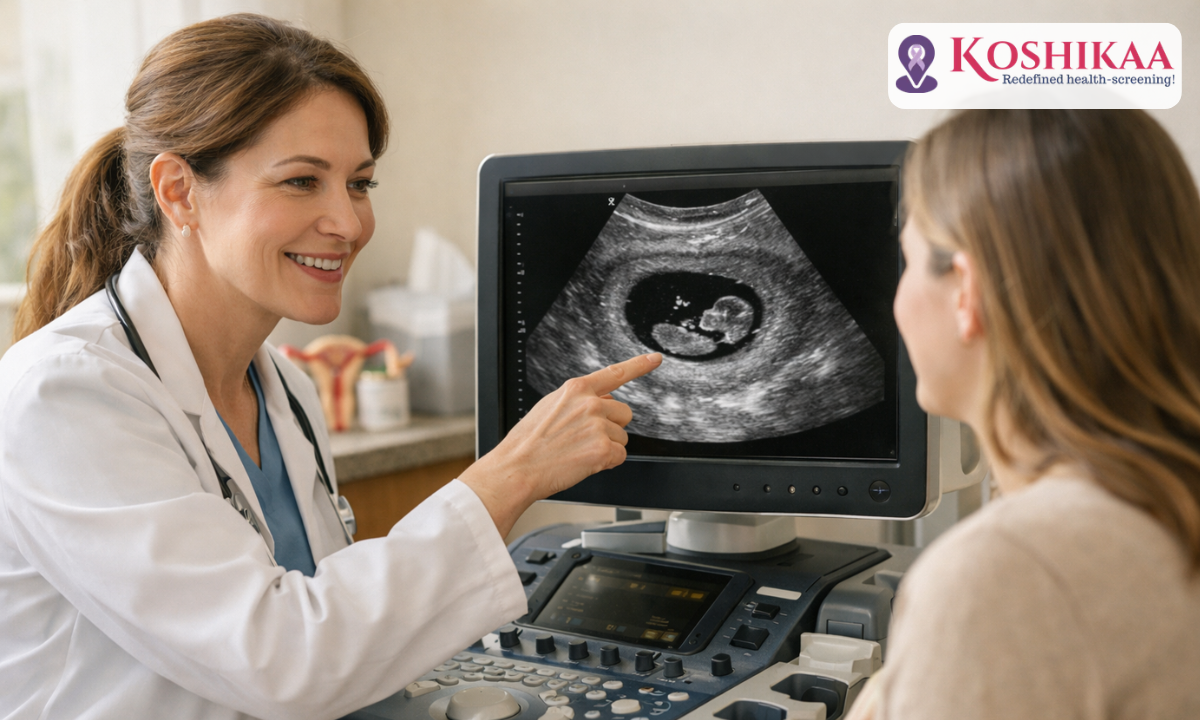
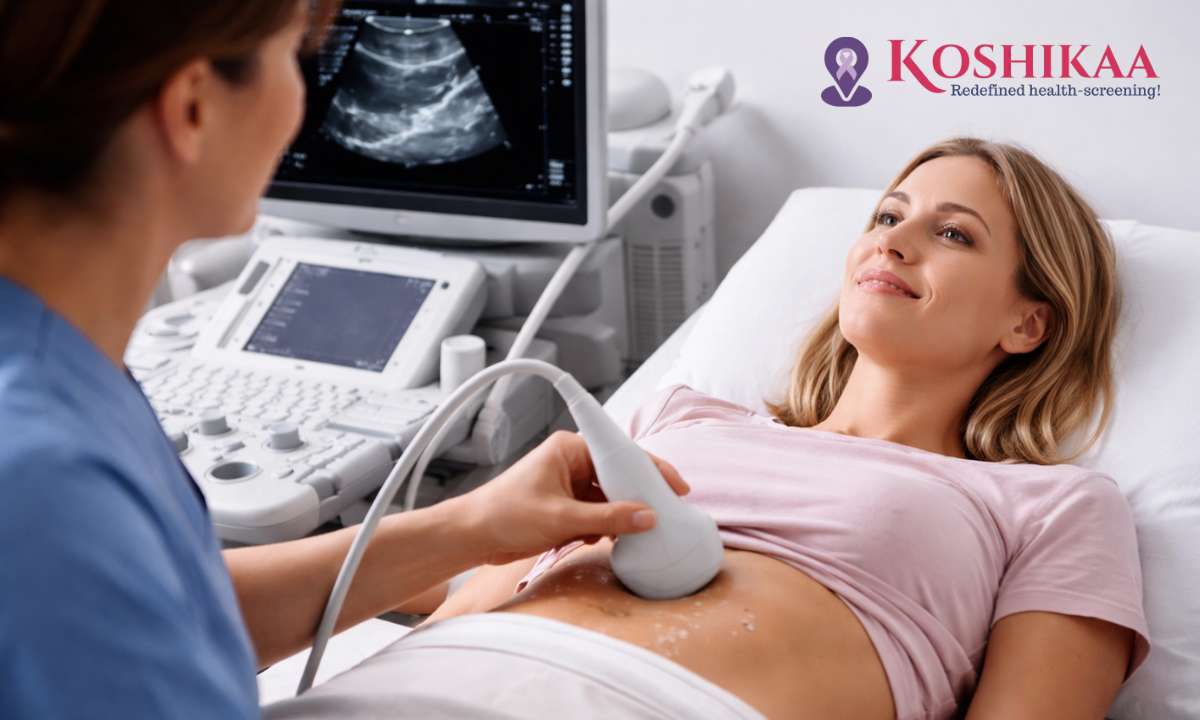

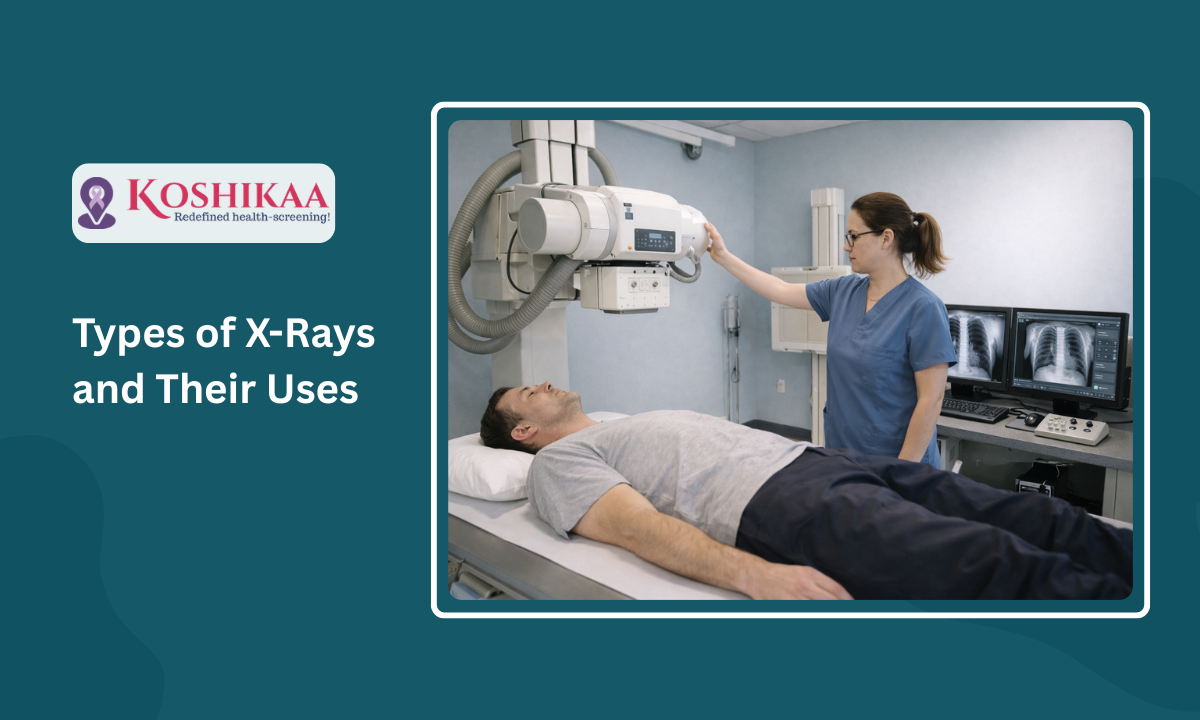


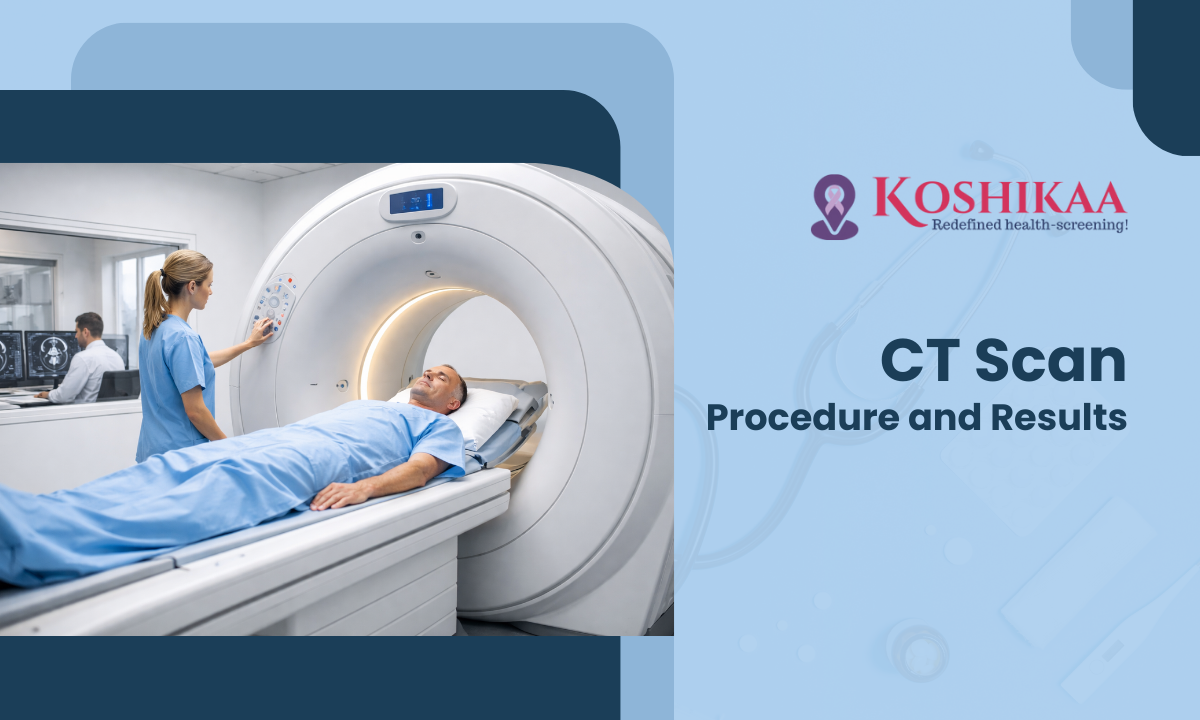

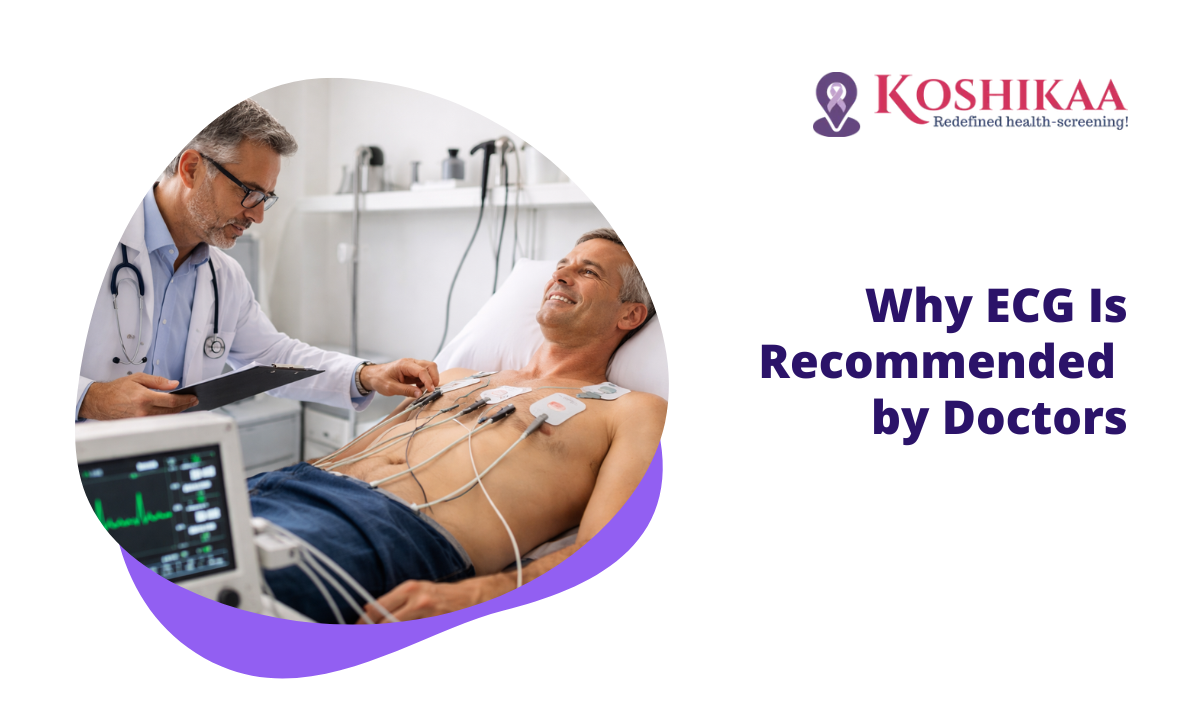
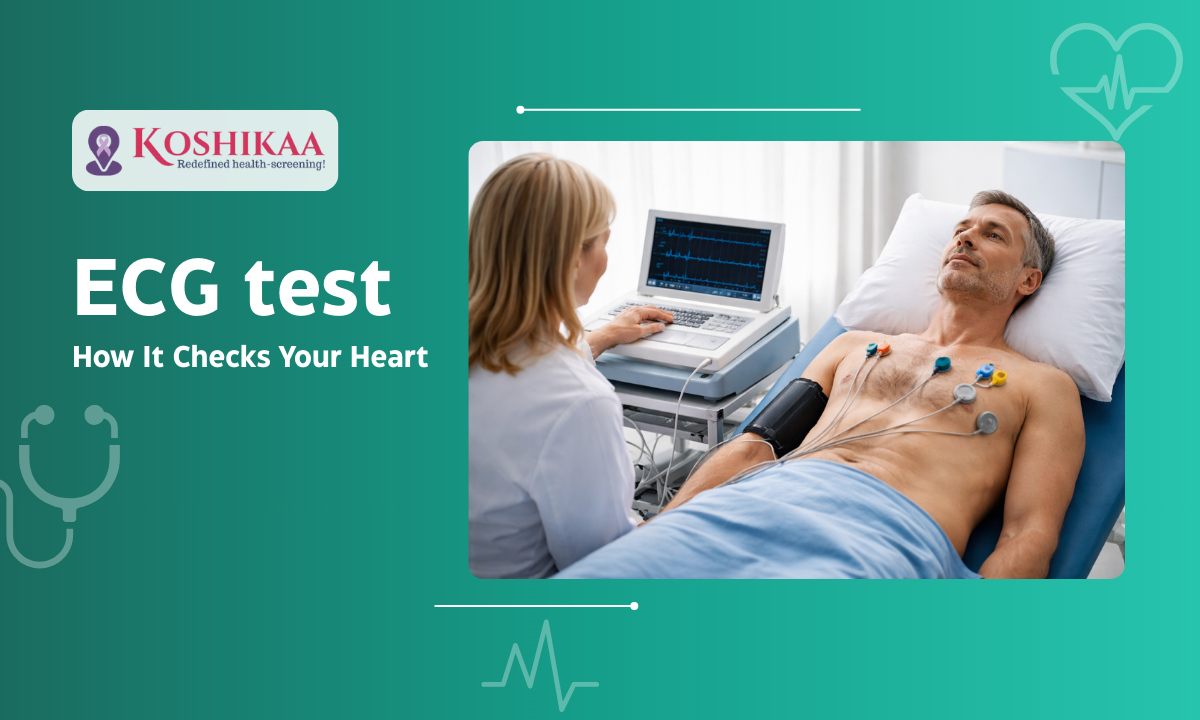
Visit us at Koshikaa for advanced preventive care and comprehensive health checkups.
At Koshikaa, we offer a comprehensive array of health and cancer screenings tailored to meet the needs of every individual. Our services include routine health checks such as blood pressure monitoring and cholesterol testing, advanced cancer screenings including mammograms for breast cancer, PSA tests for prostate cancer, and Pap tests for cervical cancer.
What sets Koshikaa apart is our age-specific screening programs designed to address the health needs at various stages of life. This proactive approach ensures that screenings are appropriately aligned with the health risks and concerns prevalent at certain ages, enhancing the efficacy and relevance of the tests.
Moreover, Koshikaa is proud to be the first in the country to introduce a comprehensive personalized screening questionnaire that allows us to tailor each screening to the individual’s health profile, lifestyle, and family history. This innovative tool ensures that each client receives the most relevant and essential screenings, optimizing both the experience and the outcomes.
For a more detailed exploration of our diverse health and cancer screening options, and to understand how our personalized and age-wise screening strategies can benefit you, please visit our Health Screening Services. Join us at Koshikaa to take a proactive step towards maintaining your health with screenings that are as unique as you are.
Early screening is a critical component of preventive healthcare, essential for detecting diseases and health conditions before symptoms become apparent. This proactive approach is especially important for conditions like cancer, cardiovascular diseases, and diabetes, which can develop into severe health issues if undetected. Early detection often results in a wider array of treatment options, which tend to be less invasive and less costly. For example, the five-year survival rate for localized breast cancer is 99%, compared to significantly lower rates for cancer diagnosed at later stages.
Regular screenings can significantly impact mortality rates across various diseases. For instance, Pap smear screenings can reduce cervical cancer mortality by up to 70% by detecting precancerous lesions early. Similarly, mammography screenings have been shown to decrease breast cancer mortality by about 20-40% among women aged 50-69 years. Additionally, colonoscopy screenings can lower colorectal cancer mortality by up to 60% by identifying and removing precancerous polyps.
From an economic perspective, early detection reduces the need for more extensive and expensive treatments required at more advanced disease stages. It also alleviates the economic burden associated with lost productivity and extended medical care. Moreover, patients benefit from an improved quality of life, avoiding the progression of potentially debilitating symptoms and enjoying psychological benefits from managing their health proactively.
At Koshikaa, we emphasize the importance of early screenings, advocating for regular health checks tailored to individual risk profiles and life stages. Our comprehensive screening programs are designed to identify health issues at their inception, offering our clients the best chance for a healthier future. By prioritizing early detection, individuals can significantly influence their health outcomes, often requiring minimal intervention compared to treatments needed for advanced diseases. This approach underscores the advancements in healthcare that enable us to live longer, healthier lives.
Booking a screening appointment with Koshikaa is straightforward and convenient. You can schedule your appointment online through our website by selecting the ‘Book Now’ option, where you’ll find a detailed list of available screenings and their respective times. Alternatively, you can call our dedicated customer service team directly at our Bangalore center for assistance. Our team is available to help you choose the right screening based on your health needs and to answer any questions you may have about the process. Whether online or over the phone, we ensure a smooth and efficient booking experience.
State-of-the-Art Technology: We utilize the latest in diagnostic technology to ensure accurate and reliable results. Our equipment is regularly updated to keep pace with advancements in medical science, providing you with the highest standard of care.
Experienced Professionals: Our team comprises highly trained and experienced medical professionals who are experts in their fields. They bring a wealth of knowledge and expertise to each screening, ensuring comprehensive and compassionate care.
Personalized Screening Programs: Recognizing that each individual’s health needs are unique, we offer personalized screening programs. These are designed based on a thorough assessment of your personal and family health history, lifestyle, and specific risk factors, ensuring that the screenings you receive are the most relevant and beneficial for you.
Comprehensive Range of Services: We provide a wide range of health and cancer screenings, covering everything from basic health checks to specialized cancer detection. This comprehensive approach ensures that all your health screening needs can be met conveniently under one roof.
Focus on Comfort and Privacy: We prioritize your comfort and privacy during all screening procedures. Our facilities are designed to make you feel relaxed and secure, and our staff is trained to handle all interactions with utmost confidentiality.
Educational Support: Beyond just conducting screenings, we believe in educating our clients about their health. We provide detailed explanations of all test results and offer guidance on maintaining a healthy lifestyle and reducing risk factors.
At Koshikaa, our goal is not only to detect health issues early but also to provide a supportive environment that encourages proactive health management. We strive to be your trusted partner in health, offering services that are as exceptional as they are essential.
Yes, at Koshikaa, we are committed to making health screenings accessible and affordable for everyone. We understand the importance of regular health checks and strive to ensure that our services are priced competitively. Here are a few ways we ensure affordability:
Competitive Pricing: Our screening packages are priced to be competitive within the local market, offering excellent value for the comprehensive services provided.
Flexible Payment Options: To make payments easier, we offer flexible payment options, including installment plans for some of our more comprehensive screening packages.
Tailored Screening Options: We offer personalized screening options that allow you to choose only the tests you need, preventing unnecessary expenditures on irrelevant procedures.
Special Offers and Programs: Periodically, we run special promotions and programs that provide additional savings on various screenings, making regular health checks even more affordable.
At Koshikaa, we believe that preventive healthcare should be a right, not a privilege. We are dedicated to providing quality screenings that are financially accessible to all, ensuring that you can prioritize your health without financial strain.
Bone X-rays are essential for diagnosing fractures and assessing bone alignment, aiding doctors in developing treatment plans and monitoring healing progress. They provide detailed images of the skeletal system, helping identify abnormalities or injuries that may not be visible through other imaging techniques